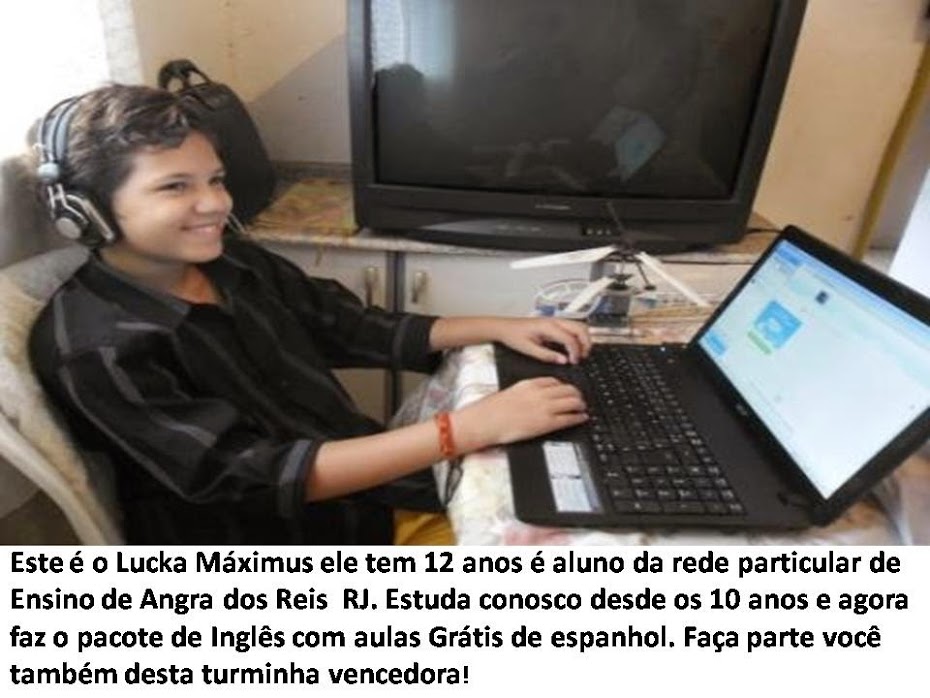AULAS PERSONALIZADAS DE INGLÊS ONLINE VIA SKYPE , FACEBOOK OU HANGOUTS, COM ÓTIMO PREÇO E QUALIDADE.
CONTATOS: zenaidydobrosky777@gmail.com
ou direto com a professora (024) 99921-2235
INGLÊS SEM ENROLAÇÃO

|
|
Active
|
Passive
|
|
Simple Present
|
Once a week, Tom cleans the house.
|
Once a week, the house is cleaned by Tom.
|
|
Present Continuous
|
Right now, Sarah is writing the letter.
|
Right now, the letter is being written by
Sarah.
|
|
Simple Past
|
Sam repaired the car.
|
The car was repaired by Sam.
|
|
Past Continuous
|
The salesman was helping the customer when the
thief came into the store.
|
The customer was being helped by the salesman
when the thief came into the store.
|
|
Present Perfect
|
Many tourists have visited that castle.
|
That castle has been visited by many tourists.
|
|
Present Perfect Continuous
|
Recently, John has been doing the work.
|
Recently, the work has been being done by John.
|
|
Past Perfect
|
George had repaired many cars before he
received his mechanic's license.
|
Many cars had been repaired by George before he
received his mechanic's license.
|
|
Past Perfect Continuous
|
Chef Jones had been preparing the restaurant's
fantastic dinners for two years before he moved to Paris.
|
The restaurant's fantastic dinners had been being
prepared by Chef Jones for two years before he moved to Paris.
|
|
Simple Future
will |
Someone will finish the work by 5:00 PM.
|
The work will be finished by 5:00 PM.
|
|
Simple Future
be going to |
Sally is going to make a beautiful dinner
tonight.
|
A beautiful dinner is going to be made by Sally
tonight.
|
|
Future Continuous
will |
At 8:00 PM tonight, John will be washing the
dishes.
|
At 8:00 PM tonight, the dishes will be being washed
by John.
|
|
Future Continuous
be going to |
At 8:00 PM tonight, John is going to be washing
the dishes.
|
At 8:00 PM tonight, the dishes are going to be
being washed by John.
|
|
Future Perfect
will |
They will have completed the project before the
deadline.
|
The project will have been completed before the
deadline.
|
|
Future Perfect
be going to |
They are going to have completed the project
before the deadline.
|
The project is going to have been completed
before the deadline.
|
|
Future Perfect Continuous
will |
The famous artist will have been painting the
mural for over six months by the time it is finished.
|
The mural will have been being painted by the
famous artist for over six months by the time it is finished.
|
|
Future Perfect Continuous
be going to |
The famous artist is going to have been painting
the mural for over six months by the time it is finished.
|
The mural is going to have been being painted
by the famous artist for over six months by the time it is finished.
|
|
Used to
|
Jerry used to pay the bills.
|
The bills used to be paid by Jerry.
|
|
Would Always
|
My mother would always make the pies.
|
The pies would always be made by my mother.
|
|
Future in the Past
Would |
I knew John would finish the work by 5:00 PM.
|
I knew the work would be finished by 5:00 PM.
|
|
Future in the Past
Was Going to |
I thought Sally was going to make a beautiful
dinner tonight.
|
I thought a beautiful dinner was going to be made
by Sally tonight.
|

 Present perfect with an incomplete period
Present perfect with an incomplete period 
